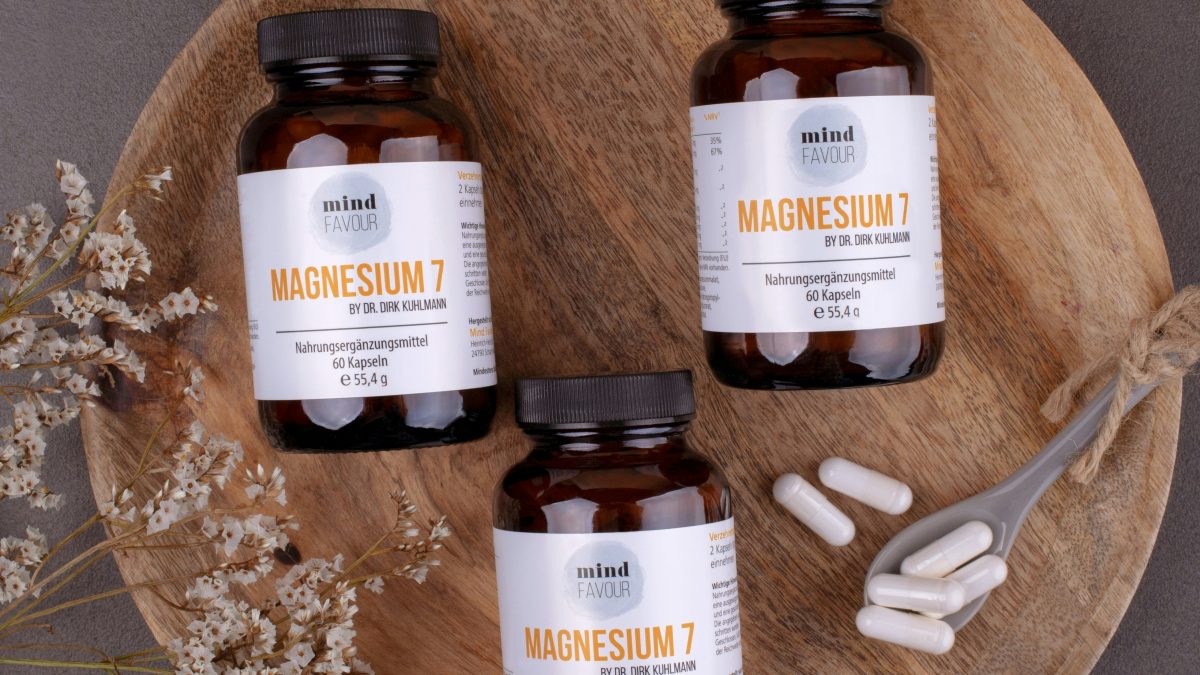
Understanding Magnesium Supplements: Breaking Down the Forms (From Worst to Best)
Building a strong, healthy physique takes time. Trust the process instead of chasing quick fixes. Building a strong, healthy physique takes time. Trust the process instead of chasing quick fixes.. If you’ve ever shopped for a magnesium supplement, you’ve likely been confronted with a confusing array of options like magnesium citrate, magnesium glycinate, magnesium oxide, and many others. Each form has its unique properties, bioavailability (how well the body absorbs it), and best uses. Let’s break it down, from the least effective to the most beneficial.
Magnesium Oxide (The Least Effective)
- Bioavailability: ~4%
- Best For: Short-term laxative use or antacid relief
- What It Means: Magnesium oxide is magnesium bound to oxygen. While it contains a high percentage of elemental magnesium, its poor absorption rate limits its usefulness as a supplement for addressing magnesium deficiency.
- Verdict: Avoid if your goal is to boost magnesium levels.
Magnesium Sulfate (Epsom Salt)
- Bioavailability: Low (when taken orally)
- Best For: Muscle relaxation (in baths) and occasional constipation
- What It Means: This form is a combination of magnesium, sulfur, and oxygen. It’s popular in bath soaks because the magnesium can be absorbed through the skin.
- Verdict: Great for topical use, but not ideal as an oral supplement.
Magnesium Citrate (Affordable and Effective)
- Bioavailability: Moderate (~30%)
- Best For: General supplementation and constipation relief
- What It Means: Magnesium citrate combines magnesium with citric acid. It’s well-absorbed and often used to support digestion and bowel health.
- Verdict: A solid mid-tier option for improving magnesium levels, especially if you have mild digestive concerns.
Magnesium Chloride
- Bioavailability: Good (~50%)
- Best For: Versatile use (oral and topical)
- What It Means: Magnesium chloride is a salt form that dissolves easily in water, making it an excellent choice for topical sprays or oral solutions.
- Verdict: A balanced choice for those who want flexibility in how they supplement magnesium.
Magnesium Picolinate
- Bioavailability: High
- Best For: Boosting magnesium levels effectively
- What It Means: This form binds magnesium to picolinic acid, which enhances absorption. It’s often recommended for those with significant deficiencies.
- Verdict: A strong contender for overall supplementation.
Magnesium Glycinate (Bisglycinate) (The Gold Standard for Many)
- Bioavailability: Very high
- Best For: Muscle relaxation, stress relief, and sleep
- What It Means: Magnesium glycinate binds magnesium to glycine, an amino acid with calming properties. This form is gentle on the stomach and doesn’t cause diarrhea, making it ideal for daily use.
- Verdict: Best for improving magnesium levels while supporting relaxation and recovery.
Magnesium Malate
- Bioavailability: High
- Best For: Energy production and reducing muscle fatigue
- What It Means: Magnesium is bound to malic acid, which plays a role in the Krebs cycle (your body’s energy production process). This form is excellent for active individuals or those with chronic fatigue.
- Verdict: Top-tier for athletes or anyone needing an energy boost.
Magnesium Threonate (Brain Power Boost)
- Bioavailability: High (especially for the brain)
- Best For: Cognitive health and memory
- What It Means: This form crosses the blood-brain barrier, making it ideal for supporting brain function.
- Verdict: The best choice for anyone focused on mental clarity and brain health.
Magnesium Taurate
- Bioavailability: High
- Best For: Heart health
- What It Means: Bound to taurine, this form supports cardiovascular function and helps regulate blood pressure.
- Verdict: Excellent for individuals with heart concerns.
Final Ranking (Worst to Best)
- Magnesium Oxide
- Magnesium Sulfate
- Magnesium Citrate
- Magnesium Chloride
- Magnesium Picolinate
- Magnesium Glycinate
- Magnesium Malate
- Magnesium Threonate
- Magnesium Taurate
Which Should You Choose?
Your choice depends on your needs:
- Stress/Sleep: Magnesium glycinate
- Energy/Fatigue: Magnesium malate
- Brain Health: Magnesium threonate
- Heart Health: Magnesium taurate
- Digestive Issues: Magnesium citrate or oxide (short-term)
If you’re unsure, magnesium glycinate is an excellent all-around option. Always consult with a healthcare provider before starting a new supplement, especially if you have existing health conditions.











